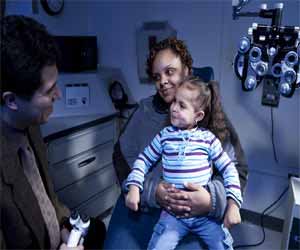Perception of feeling low in socioeconomic status may pose health risks to new mothers that may further have worse health outcomes one year after childbirth.

‘Perception of feeling low in socioeconomic status may pose health risks to new mothers that may further have worse health outcomes one year after childbirth.’





Among women whose basic material needs are met, this self-perceived status can have a stronger effect on health than their actual income and education level, the study found. “Our findings highlight one way in which socioeconomic status may influence maternal health disparities,” said study author Christine Guardino, PhD, of Dickinson College. “This could be particularly relevant right now, given the pandemic-driven upheavals in employment that may be affecting people’s perceptions of their own social status.”
Poverty has long been linked to adverse health outcomes, and some previous research has found that subjective social status – people’s perception of their own social status relative to others in the U.S. – can also affect health.
But the question of whether subjective social status affects biological markers of health had never been explored in women during the year after the birth of a child, according to the researchers.
Guardino and co-author Christine Dunkel Schetter, PhD, of the University of California Los Angeles, analyzed data from 1,168 new mothers in five areas – rural, suburban, and urban – across the U.S.
Advertisement
The participants enrolled in the study during hospital stays following the birth of a child. During home visits at one month, six months, and 12 months after the women gave birth, researchers collected health data including participants’ blood pressure, body mass index, cholesterol, and cortisol levels.
Advertisement
The researchers found that participants who perceived themselves as having higher social status had a lower allostatic load — a combined measure of multiple health variables that reflects “wear and tear” on the body due to stress.
In fact, the strength of the association between participants’ perceived social status and the allostatic load was stronger than the association between their income and allostatic load.
However, the researchers also found that the association varied depending on participants’ income and education — it was strongest for participants whose incomes were higher than 153% of the federal poverty level and who had completed high school or more education.
“People living near or below the federal poverty level are often coping with inadequate food, shelter and access to health care, all of which influence health,” Guardino said. “Perceptions of social status may have stronger effects on health when people’s basic material needs are met.”
The study is the first to look at the health effects of subjective social status in postpartum women, according to the researchers, and provides further evidence that people’s perceptions of their own social status can affect their health even beyond objective measures such as income and education.
Source-Eurekalert










